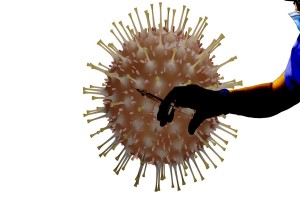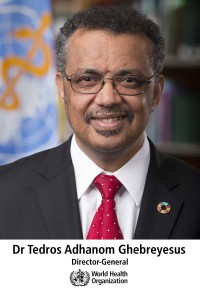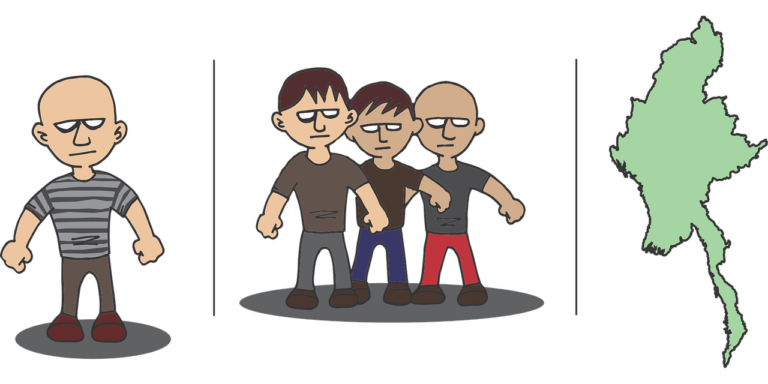
[the_ad_placement id=”adsense-in-feed”]
The ACT Accelerator cannot deliver on its goals without a significant increase in funding, warns WHO
Geneva: No disease in history has seen such rapid development in research as it has witnessed since the beginning of the COVID-19 pandemic. The pandemic accelerated the development of and equitable access to vaccines, diagnostics and therapeutics for COVID-19 and around 180 vaccines are now in development, including 35 that are in human trials.
In January, within two weeks of the first cases being reported, the first protocol for Polymerase Chain Reaction (PCR) testing for the new coronavirus was published by the World Health Organisation. Since then, millions of tests have been produced, and already rapid tests are now starting to be used. In February, WHO brought together hundreds of scientists and researchers to identify research priorities and in March, it launched the Solidarity Trial, to find answers fast about which therapeutics were the most effective.
[the_ad_placement id=”content-placement-after-3rd-paragraph”]
 “One therapeutic – dexamethasone – has already been proven effective for patients with severe and critical disease, others have been proven ineffective and still others are in trials,” WHO Director-General Dr. Tedros Adhanom Ghebreyesus, told media persons here today.
“One therapeutic – dexamethasone – has already been proven effective for patients with severe and critical disease, others have been proven ineffective and still others are in trials,” WHO Director-General Dr. Tedros Adhanom Ghebreyesus, told media persons here today.
In April, together with the European Commission and multiple other partners, WHO launched the Access to COVID-19 Tools Accelerator, to catalyse the development of and equitable access to vaccines, diagnostics and therapeutics. But WHO now warns that the ACT Accelerator will not be able to deliver on its goals without a significant increase in funding.
The ACT Accelarator had so far received 2.7 billion US dollars that enabled the robust start-up phase, but this, Dr. Ghebreyesus said, was less than 10 percent of the overall needs. “The ACT Accelerator still faces a funding gap of 35 billion US dollars.,” he said.
“Between now and the end of the year we have a limited window of opportunity to scale-up the ACT Accelerator and fully enable the equitable allocation framework,” the Director-General stated and added that there was an urgent need to rapidly scale up the clinical trials of promising vaccines, therapeutics and diagnostics, manufacturing, licensing and regulation capacity so that these products can get to people and start saving lives.
“The world’s ambition to develop these tools as fast as possible must be matched by its ambition to ensure as many people as possible have access to them,” he said.
– globalbihari bureau
[the_ad_placement id=”sidebar-feed”]





